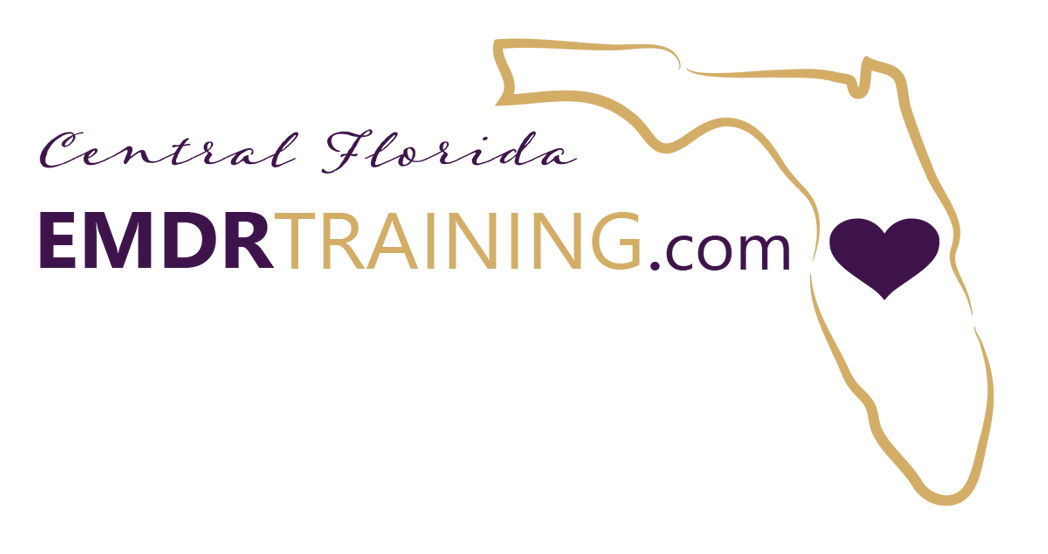From Roots to Wisdom: Elevating Your Therapeutic Practice

Every therapist experiences moments when the work feels both familiar and challenging. Returning to the foundations of EMDR practice is a way to reconnect with the core principles that guide our work. At the same time, expanding our knowledge and integrating new insights allows us to grow as professionals and deepen the impact we have on our clients. From Roots to Wisdom: Elevating Your Therapeutic Practice is a reminder that both grounding and growth are essential in creating effective and transformative therapy.
The Power of Returning to Basics
Revisiting foundational EMDR skills is essential, no matter how experienced a therapist may be. Phase 1 of EMDR, the intake and assessment phase, is more than just gathering information. It is the moment to understand the client’s history, identify patterns, and establish safety. Strengthening skills in this phase ensures that the therapeutic journey is built on a solid and thoughtful foundation.
Other core techniques, such as stabilization methods, grounding exercises, and pacing strategies, are equally vital. Mastering these basics allows therapists to create an environment of trust and safety. When the foundation is strong, it provides space for clients to process difficult experiences with confidence and care.
Evidence shows that therapists who regularly revisit and refine core skills experience greater client engagement and more durable outcomes. Returning to basics is not about repeating what we already know; it is about reinforcing the roots of our practice so we can continue to grow with intention.
Harvesting Knowledge
Growth comes not only from revisiting what we know but also from incorporating new insights. Attending trainings, exploring current research, and reflecting on past client experiences are all ways to harvest knowledge. Even subtle changes in technique, adjustments in communication, or new perspectives on client care can enrich the therapeutic process.
Harvesting knowledge is about being intentional in learning. It requires observation, reflection, and openness to change. By actively seeking out opportunities to expand skills and understanding, therapists continue to evolve professionally. This ongoing learning strengthens both the therapist and the therapeutic relationship, creating deeper opportunities for transformation.
Integrating Roots and Growth in Practice
Returning to the basics and harvesting knowledge are complementary practices. A strong foundation gives therapists the stability and confidence to explore new techniques without losing focus on the essentials. At the same time, continued learning feeds the roots of practice, allowing growth to be sustainable and meaningful.
In practical terms, this integration can look like reviewing foundational skills before attending a training, reflecting on client sessions after learning a new technique, or combining tried-and-true strategies with innovative approaches. The balance of grounding and growth ensures that therapy remains effective, adaptable, and centered on the client’s needs.
Reflection and Action
Consider carving out intentional moments to reflect on your own practice. Ask yourself questions such as: Which foundational skills am I confident in? Where could I benefit from refining my approach? What new insights or techniques have I encountered that I can integrate into my work? Reflection paired with action allows learning to move from concept to application, creating measurable growth in professional practice.
Conclusion
The work of a therapist is both an art and a practice rooted in skill, compassion, and insight. By returning to foundational skills while harvesting knowledge, therapists strengthen their ability to provide transformative care. Grounding in the basics ensures stability, while embracing growth allows for expansion, innovation, and deeper connection with clients. Returning to the roots and gathering new insights is a path to both professional fulfillment and client progress.



